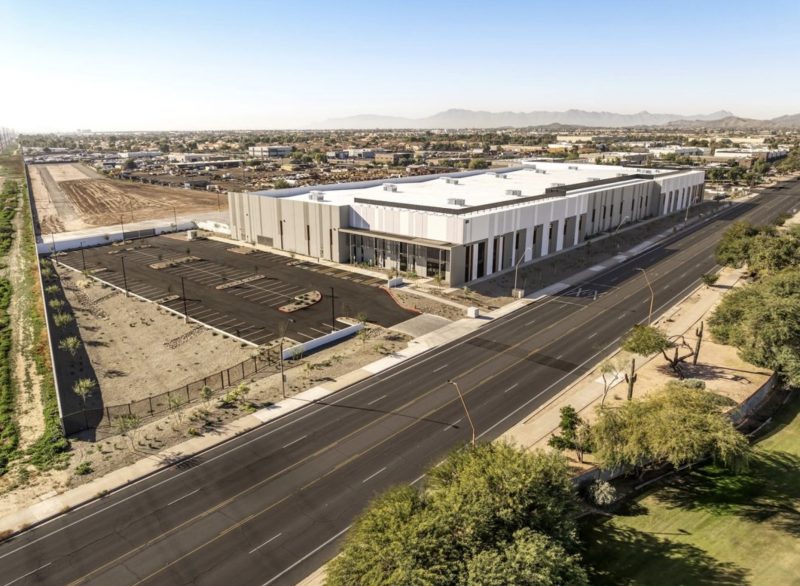
Photo courtesy Jason Salsman / Muscogee (Creek) Nation
By Debra Utacia Krol | Arizona Republic
In a decision hailed as a landmark in federal Indian law, the U.S. Supreme Court ruled this week that much of Oklahoma’s tribal lands had never been rescinded, and that the state had no criminal jurisdiction over those lands.
Supreme Court Justice Neil Gorsuch joined the court’s four liberal justices in the 5-4 decision and wrote the opinion for the case, McGirt v. Oklahoma.
The ruling primarily affects who gets to prosecute tribal members for serious crimes on tribal lands, and it won’t affect non-Indian prosecutions by tribes or property ownership. However, some Indian law experts believe the ruling may lead to more civil and regulatory oversight by tribal governments on land within historic reservation boundaries.
And it’s unclear yet whether the case can be used by some Arizona tribes to reclaim sovereignty over lands that were removed from original reservation boundaries.







